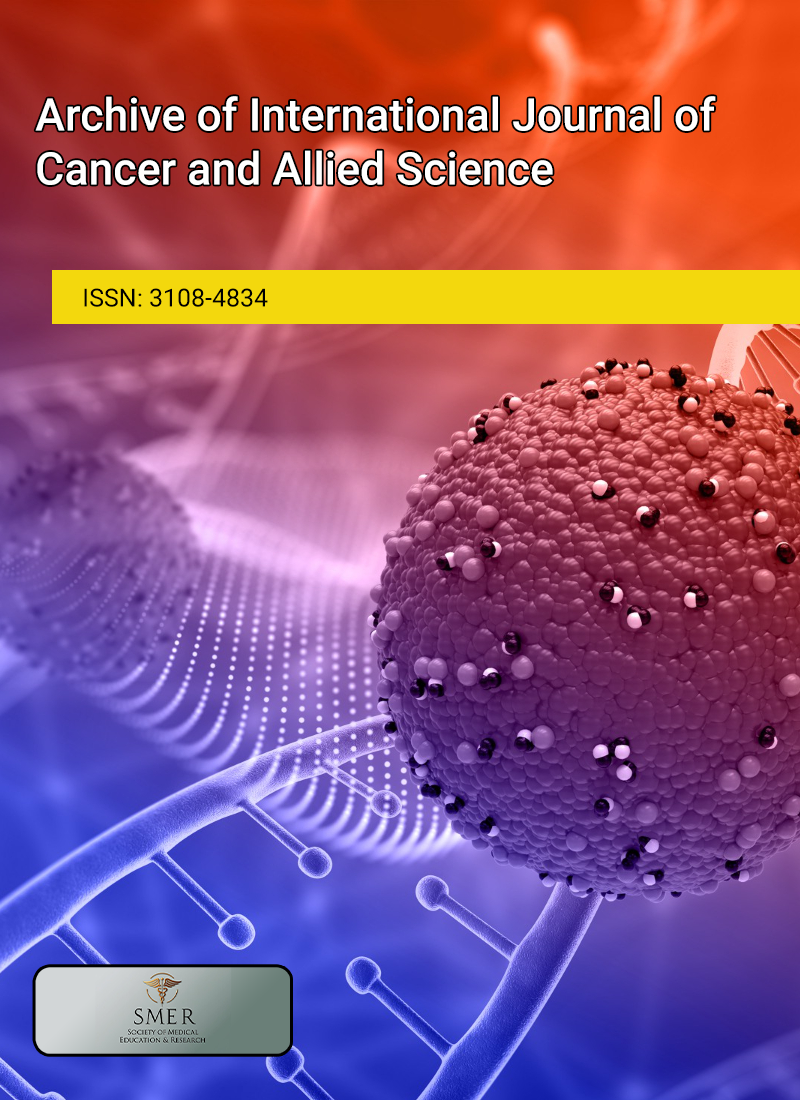
Prostate cancer remains one of the most common causes of cancer-related mortality among men globally. Evidence indicates that ribosomal S6 p90 kinases (RSK 1–4), a group of highly conserved serine/threonine kinases, may be associated with elevated prostate cancer levels. This study aimed to theoretically evaluate the interaction between various quinolone derivatives (compounds 1–19) and RSK-4, utilizing the structure of the 6rv2 protein and the known RSK-14 inhibitor, LJH685, through molecular docking simulations. The results showed that specific derivatives—specifically compounds 12, 15, 17, and 18—exhibited distinct binding patterns on the surface of the 6rv2 protein compared to LJH685. This altered interaction may correspond to enhanced inhibition of RSK-14, potentially contributing to reduced prostate cancer activity. Based on these findings, the identified quinolone derivatives show promise as potential candidates for the treatment of prostate cancer.